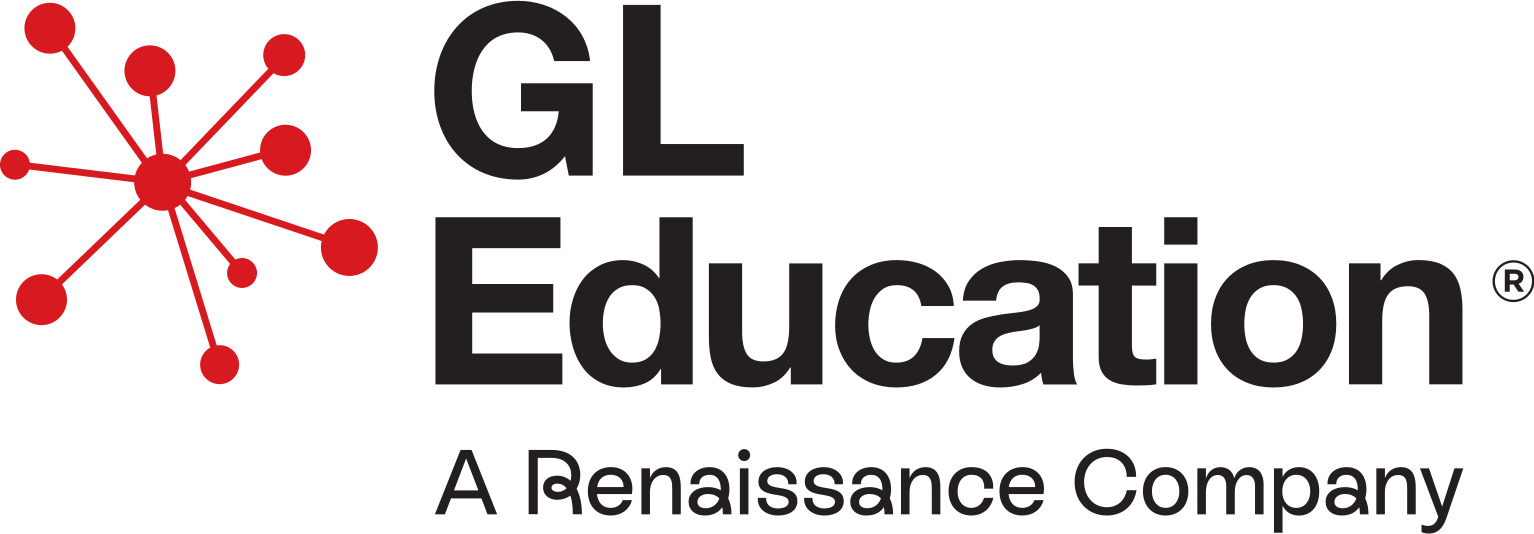Identifying dyslexia
Dyslexia is a specific learning difficulty characterised principally by problems in certain aspects of language processing. Dyslexia is generally inherited and is independent of intelligence or social background. The main neurological systems affected are those that deal with processing of phonological information and auditory working memory; in other words, those involved in storage, processing and recall of information about the sounds of language (phonemes) and how these relate to the symbols of written language (graphemes). This results in difficulties in acquiring the skills of reading, writing and spelling (and sometimes numeracy), as well as problems in activities that require rote learning and recall, e.g. examinations. One of the most common and pervasive difficulties in dyslexia is in acquiring ‘phonics’, i.e. in learning the relationships between letters and sounds and using this knowledge to decode unfamiliar words and write words that are spelled regularly.
The theory of dyslexia that has the greatest weight of scientific evidence is the ‘phonological deficit theory’ (Snowling, 2000; Vellutino et al., 2004; Saksida et al., 2016). According to this theory, certain parts of the brain that are responsible for the storage, processing and recall of information about speech sounds do not function as efficiently as they should. Consequently, any activity that depends heavily on these systems (such as reading and writing) is particularly difficult. There are other theories which attribute dyslexia to malfunctioning in the visual system, or in the neurological systems concerned with balance, motor control and skilled learning generally. Although the possibility of some dyslexic individuals having neurological abnormalities other than those in the phonological processing system cannot be ruled out, the evidence to support these alternative theories is comparatively weak.
Please see the User Manual available here for:
- General approaches for students with dyslexia
- Study skills
- Computer programmes
- Strategies for specific problem areas
- Developing phonological processing skills
- Developing auditory memory
- Developing phonic decoding skills
- Developing visual memory

